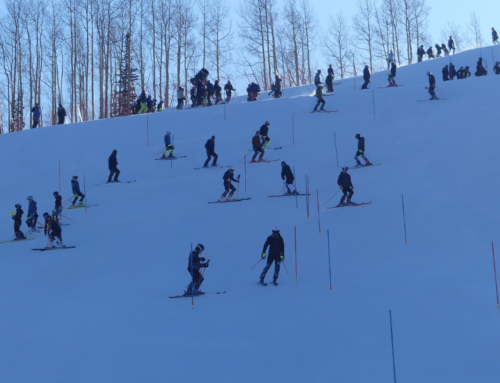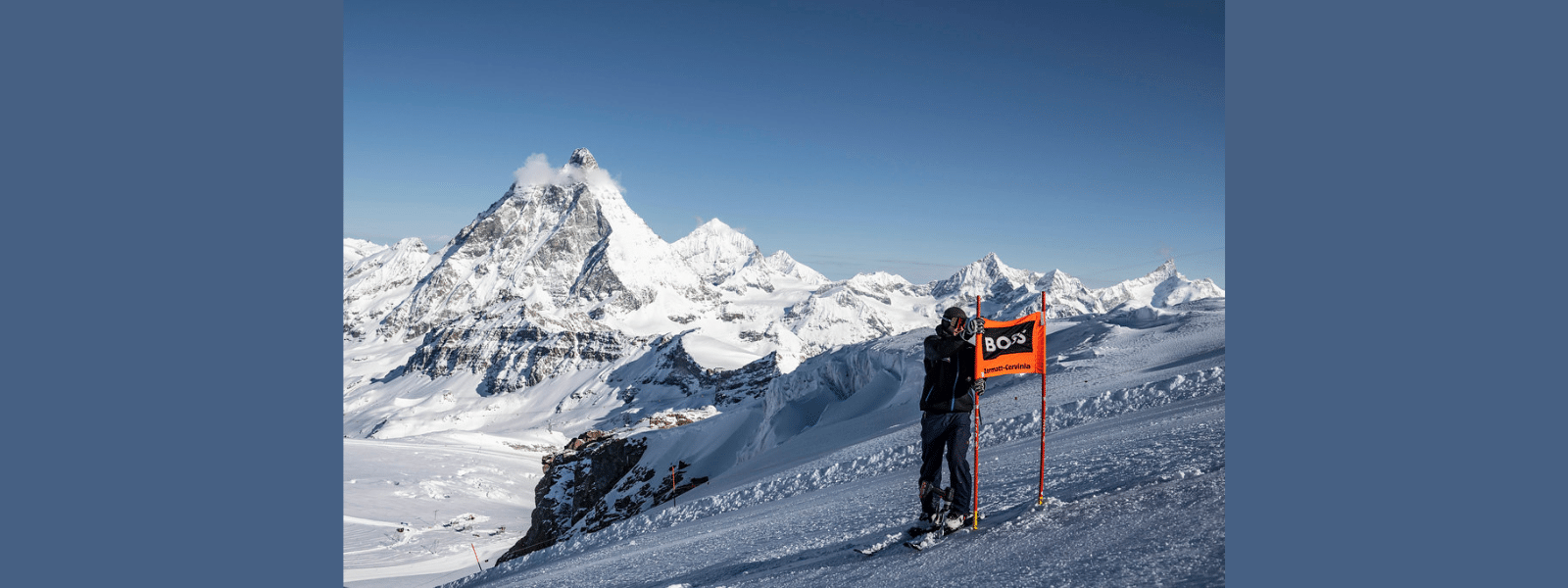FIS president speaks about doping issues
FIS president speaks about doping issues{mosimage}Gian Franco Kasper, the president of the FIS, was in Val Gardena on Friday, December 17, when the news broke that Hans Knauss of Austria had tested positive for nandrolone, an anabolic steroid. The next day he spoke with Ski Racing in the finish area of the Val Gardena downhill. In his capacity of a member of the executive council for the World Anti-Doping Agency, Kasper is an authority on doping issues. During this interview he repeatedly stressed that he was not speaking specifically about Knauss in any way, who is still awaiting results of a second urine sample.
Ski Racing: Have you spoken with the Austrian federation about the news?
Kasper: There is no case for FIS. There is never a case before a B sample has been tested. There is no B sample so [Knauss is] absolutely innocent and he can do whatever he wants.
SR: What would be a maximum penalty if he is found guilty after a positive B sample?
GFK: There is no maximum penalty. That’s up to the judges to decide. But there is a WADA penalty that is two years for all sports for whatever infringement happens. We have seen that in many other sports. It’s up to the judges, but the principle is always two years. But I have to repeat I am not talking about Hans Knauss. I speak more about the procedure in positive cases.
SR: Were you informed on Wednesday (December 15) about the positive A sample?
GFK: A little before.
SR: Do you think there are going to be more alpine cases over the course of the season?
GFK: As you remember, before Athens we had these designer drugs, mainly in the United States – the BALCO case and so on. We have not a possibility to control growth hormones. And also we take not only urine, but also blood, and with that we knew that we might have more cases. This is quite normal. Mainly in alpine skiing, and perhaps in jumping. In cross-country, an endurance sport, you use EPO or similar drugs. There are other ones in those sports. So I’m not surprised that we are spending, this winter alone, one million Swiss francs on doping controls. That gives you an indication that we do things seriously.
SR: How upset are you about this?
GFK: One million Swiss francs.
SR: For all disciplines?
GFK: Yes. And there are many national controls in addition. National anti-doping agencies.
SR: Is doping spreading?
GFK: Doping is not spreading. But the methods to find out are different. I don’t think anything has changed in the last years. That doesn’t mean that everyone is doped, but you have black sheeps in every sport whatever you do. This is true in skiing.
SR: Will the FIS be concerned about this as a public relations and marketing problem?
GFK: Of course nobody likes to have doping cases in their own sport, but I repeat once again I am not talking about Hans Knauss. But if every case we have we have so many in cross-country it’s not good for the sport. But on the other hand, it shows that we are ready to take out the black sheep. We don’t want to have any cheaters in the sport. So it’s a positive and a negative thing.
SR: Can you tell us a little about the history of doping in alpine skiing? We only had a few positive cases in the late 1980s and early 1990s.
GFK: The biggest case we had up until now that I remember was the bronze medal winner at the alpine world championships in Vail in 1989. She was doped and she lost her medals. A French girl, Christelle Guignard. But then we had several really small cases in Europa Cup races, FIS races, many of them by mistake taking an American aspirin instead of a European. Then you know the Baxter case of course. Such things we always had. But we didn’t have really bad steroids cases in alpine skiing. Not that we detected up to now.
SR: Can you explain the WADA protocols?
GFK: Of course all sports since 2003 have the WADA protocols, and we all follow this. I’m personally a member of the WADA executive, so I can tell you we do it seriously, no question.
SR: The facility that Hans Knauss went to on Wednesday was it a WADA facility?
GFK: Look, we have no case with him. Why should he go to another lab to have another test, 14 or 15 days after the first one? Of course, with completely different results. And why would you go to a lab? I’m sorry, you can piss wherever you want. You don’t have to go yourself there.
SR: Were you surprised that he revealed it himself in a press conference Friday?
GFK: That was really surprising. This was for us a real surprise. I still cannot understand why they do it. Imagine there was a mistake with the A sample by the lab, and the B sample shows negative. Then he has now ruined more or less his own reputation.
SR: Which day was he informed?
GFK: I can’t tell you when his federation informed him. I only know when we told the federation. Tuesday or Wednesday. I can’t remember exactly.
SR: Can you speak about the human growth hormones?
GFK: Well, the human growth hormones are used to build up muscles. You only can detect those since Athens, more or less. Right before Athens. Endurance sports you don’t really need the growth hormones, but sports like alpine skiing or ski jumping, where you need strong muscles, with a strong reaction of the muscle they have the risk that they could try growth hormones, or other drugs with a similar effect.





















